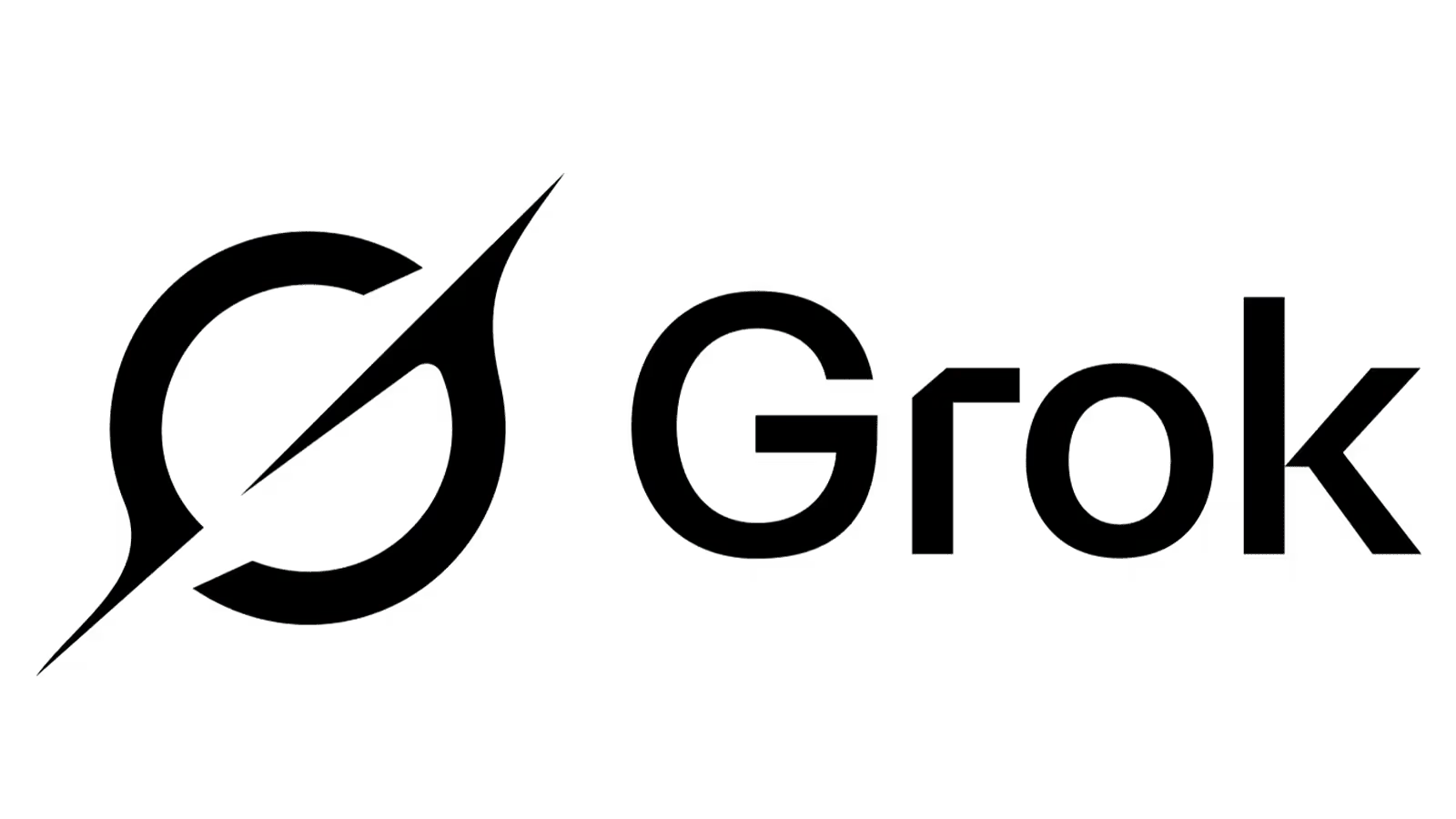Exit Interview Best Practices: 36 Questions To Ask And Best Practices To Follow

Though the Great Resignation has subsided, employees are still leaving their jobs. Why? The EY 2023 Work Reimagined Survey reveals that employers and employees have opposing perspectives on the "next normal" of work. And 34% of employees are willing to change jobs in the next 12 months to find a better-fit role.
If your employees are already heading for the door, aren't you intrigued to understand what they believe they can find elsewhere? This guide introduces exit interviews as a means to find out.
What Is An Exit Interview?
An exit interview is a meeting between an employer and an employee who has decided to leave the company for any reason. This interview aims to gather feedback on the employee's experience in the company, identify areas of organizational improvement, and gain a deep understanding of why they're leaving.
As employees are usually required to give notice of their intention to leave the company, a typical exit interview is often scheduled during their final week of employment. However, the employer may sometimes conduct a telephone interview after their departure, giving employees space to reflect on their time with the company.
Why Do Companies Conduct Exit Interviews?
Employers often go on the defensive when an employee leaves their ranks. Some have an attitude of "good riddance" or "they never fit in well anyway." While staying focused on your company's future is important, employee departures are something to take seriously. After all, if one person decides to move on, others may follow suit. An exit interview is a golden opportunity to:
- Spotlight issues such as a toxic work culture or a bad manager that may impact other high-performing employees
- Identify if your salary or benefits package is no longer competitive in the market
- Understand if you lack professional growth opportunities
- Learn if your employees understand or feel aligned with your company's mission and values

How To Conduct An Exit Interview
A poorly organized exit interview has the potential to be seriously awkward and abrasive. Bad exit interviews could potentially cause damage to your employer's brand. But put some planning and effort into the exit interview process, and you'll reap the rewards of connecting with your workers during offboarding, which can be key for boomerang employees and getting future customer and employee referrals from employees who leave on good terms.
Follow these steps for a smooth transition:
1. Explain Why You’re Conducting The Interview
Before the interview, send an invitation to the employee outlining what they can expect from the meeting. This isn't a performance-related conversation or an attempt to change their mind. Emphasize that you're looking for constructive feedback to help your organization grow as an employer.
2. Conduct The Interview In An Appropriate Setting
The meeting should occur somewhere the employee feels comfortable sharing their views. If you work in a busy office, choose a quiet meeting room where there's no risk of the employee's colleagues or manager eavesdropping on the conversation. Remote workers can easily dial into a video call at an appropriate time when they won't be disturbed.
3. Choose A Neutral Interviewer
Understandably, your employees may be nervous about who they’ll need to speak to, especially if a specific coworker is a primary reason for their departure. Robert Kaskel, Chief People Officer at Checkr, suggests choosing a neutral person:
“A direct manager isn't the right person to host an exit interview because some of the criticisms are likely to be about them, and they may not have a trusting relationship. You want the interviewee to feel as comfortable opening up as possible, so choose someone the ex-employee knows but doesn't work closely alongside. A neutral party can ensure the employee doesn't feel ambushed or pressured to share things that could ruin their professional relationships later.”
Max Wesman, Chief Operating Officer at GoodHire, suggests some neutral interview options:
“This could be a consultancy, an independent HR agency, or someone else whose job is to ensure that the exiting employee is encouraged to speak openly and be transparent about their feelings and experiences, but also to remain objective and truthful to help you extract the most value from the exit interview.”
Continuing the theme that a departing employee’s manager is not a good fit for conducting exit interviews, Chloe Yarwood, HR Manager for Test Partnership, suggests a skip-level approach, opting for the employee's manager's manager instead. She told us:
“It makes sense for more senior managers to conduct the exit interview, removing the line manager from the process. I find that leaving staff are far more forthcoming with information when the interview is conducted this way, whereas line-manager exit interviews are often far more tense and withdrawn. By utilizing more senior staff for exit interviews, you highlight to the leaving employee that their perspectives truly matter, increasing the probability of yielding helpful information.”
4. Approach With Genuine Curiosity
The interviewer must avoid entering the meeting with assumptions about why the person is leaving. Even if the employee has given a reason in their resignation letter or discussions with their manager, try to remain curious about any factors that have swayed their decision. This is a tip that Divvya Desai, Group HR Lead for NamanHR, strongly recommends:
“As HR professionals, we need to treat the process as more than a formality and consider it an opportunity to gather insights that contribute to the improvement of the organization. In my experience, creating a comfortable and non-judgmental ethos during exit interviews encourages departing employees to share candid feedback.
For example, in a recent exit interview, an employee suggested explaining an internal cycle in more detail. Implementing this feedback resulted in positive responses from new joiners, showcasing the impact of addressing concerns raised.”
5. Give The Employee The Floor
If you haven't given your employees a voice while working for you, now is the time to let them speak their minds. As the interviewer, your job is to actively listen to their dialogue and glean your employees' valuable insights.
Joe Coletta, Founder and CEO at 180 Engineering, explains the value of encouraging your employees to open up:
“Having worked in multiple HR roles before starting my recruiting firm, I've found it's best to casually begin exit interviews by asking the employee how they feel on their last day and move on to open-ended questions such as what they think you did well, or what could've been better, any advice they have for management, their reason for leaving, and so on. I also asked them to expand on their answers to gain further insight. There were always exits where employees chose not to share much, and that's normal, but the more I got out of a departing employee, the better I was able to pinpoint the improvements needed.”
6. Ask Open-Ended Questions
Useful insights are entirely dependent on the questions you ask. Avoid closed questions that only invite a Yes/No response. The best questions allow employees to give more detail, rate their experiences, or offer examples of issues or incidents. Jon Gordon, Managing Partner and Co-Founder of Sheer Velocity, shares examples of how to encourage employees to share their specific perspectives:
“For example, instead of asking 'Did you feel supported in your role?' ask 'In what ways did you feel supported in your role? In what ways did you feel a lack of support?' Open-ended questions like these lead to more constructive conversations and useful insights into how to improve the organization and the employee experience.”
7. Respect The Departing Employee's Choice
Exit interviews aren’t the moment to try and lure an employee back into their seat. You have to assume that the employee put a great deal of thought and energy into their decision, and it’s not your responsibility or right to attempt to change their mind or make them feel foolish.
Spacelift's Talent Acquisition Manager, Nuria Requena, agrees:
“Throughout my experience, I've found that acknowledging and accepting their choice without judgment creates a positive atmosphere. It allows for open, honest dialogue during the interview. By ending the interaction on a positive note, you gain valuable feedback and maintain a friendly relationship. This approach has often led to former employees becoming 'boomerang employees,' returning to the company in the future with new skills and experiences. In addition, it ensures that they leave with a favorable view of the company, potentially recommending it to others or maintaining beneficial professional connections.”
8. Lead With Empathy
There may come a time when you don't necessarily agree with the employee's decision to leave your company. Perhaps there was miscommunication among their team, or they weren't aware of the mammoth behind-the-scenes effort that went into their development. Nevertheless, the success of your exit strategy depends on you leaving your feelings at the door and leading the conversation with empathy instead. Lou Reverchuk, Co-Founder and CEO of EchoGlobal, offers tips on investigating what went wrong while ending their tenure positively.
“When valued team members transition out, empathy must steer debrief conversations. Rather than interrogating motives, first acknowledge individuals' contributions. Ask what originally attracted them to the role, then trace what faded or frustrated over time. When rapport is established through compassionate listening, employees open up with constructive criticism. This intelligence fuels cultural and operational shifts benefiting all. While exits signal areas for growth, frame transition talks around progress—not judgment. Every conversation should end positively, reflecting individual and company potential.”
9. Combine Interviews With Surveys
Exit interviews aren’t the only way to understand what happened. And sometimes your soon-to-be-ex employees won’t be in the right headspace to engage in honest, open conversation with you. As a workaround, ByRecruiters Founder Ana Colak-Fustin recommends combining interviews with exit surveys to give you a deeper overview of what’s happened:
“In-person conversations provide more of a human touch and a better opportunity for closure. However, they often lack standardization. Plus, most employees want to avoid burning bridges, so in-person exit interviews tend to offer a skewed view of the organization.
Follow up the exit interview with a standardized survey to better understand your company's dynamics. This survey should blend open-ended questions with rating scales, allowing employees to respond anonymously. This approach ensures a more accurate pulse check on your organization."

What To Do With The Data From Exit Interviews
You've conducted the exit interview, wished your employee well, and started the recruitment process for their replacement. What's the next step once you're armed with a wealth of data from your exit interview process? Customize the following nine steps based on the size of your organization and your goals:
1. Set Goals For Your Exit Interview
First, understand why you've committed to the exit interview process. This may vary depending on metrics like your organization's employee attrition or turnover rate and your ability to recruit top talent. For example, you might set goals related to improving your employee engagement or workplace culture that are measurable through survey results.
2. Analyze For Patterns And Trends
The volume of exit interview data you hold corresponds with the number of outgoing employees within a given period. If employee turnover is high, this data will be packed with insights you can use to your advantage. Look for common themes and patterns in the feedback related to:
- Management style
- Work environment
- Compensation
- Career development opportunities
3. Share Insights With Relevant Stakeholders
Present the findings to key stakeholders such as department heads, HR teams, and senior management. It's important to share the insights in a way that respects confidentiality but still conveys the key messages.
4. Develop Action Plans
Create specific action plans to address the issues raised in the feedback you receive. This could involve:
- Changes in management practices
- Improvements in work conditions
- Revisions of compensation structures
- Enhancements in career development programs
Example: Exit interview data highlights that your return to office mandate is the primary reason for 75% of your employees departing this year. You might consider improving flexible working arrangements to prevent further workers from following their ex-colleagues out of the door.
5. Improve Recruitment And Onboarding Processes
While exit interviews focus on the end of the employee life cycle, they can be invaluable in improving new joiners' first impressions of your company. Use interview insights to refine your recruitment and onboarding processes, learning what to look for in potential candidates and how to integrate them better into the company.
6. Enhance Employee Retention Strategies
Think of exit interviews as a clue-finding mission to help you improve retention. Once you know why people are leaving, you might create better communication channels, engagement programs, or professional development opportunities to keep other valuable team members in the ranks.
Conducting stay interviews is a crucial way to improve retention. Often seen as the cousin of exit interviews, these structured conversations determine what your current employees think of their role, team, and organization. This process allows you to identify any issues and nip them in the bud before these employees jump ship.
7. Review And Adjust Policies And Procedures
Your exit and stay interviews might uncover recurring issues around specific policies or procedures. Perhaps your team members find your grievance handling process unclear or don't believe that your company prioritizes pay transparency. This data is the nudge you need to review and adjust your working practices accordingly.
8. Continuously Develop Your Managers
Managers are under constant pressure and may be blamed for a wave of departures. But often, they're unequipped with everything they need to support their teams. If feedback indicates management style or practice issues, invest in relevant training and development for your leaders.
9. Monitor Your Company Culture
Employee departures can point to systemic issues in your company culture. Monitoring employee morale through regular engagement surveys and discussions with employees is crucial. Use your interview feedback to inform any necessary changes and consistently monitor the impact on your company culture.

36 Exit Interview Questions
The right questions are the key to an effective exit interview, enabling a flow of feedback for you to act on. We've created a sample list of customizable questions, across six categories:
Reasons For Leaving
- What are the primary reasons for your decision to leave?
- Did your job duties change significantly during your time with us, and how did this affect your decision to leave?
- How do you feel about the company's response to feedback and concerns raised by you or others?
- In what way did advancement or growth opportunities influence your decision to leave?
- Can you describe a particular event or incident that swayed your decision?
- What could we have done differently that may have changed your mind about staying?
Employee Experience
- How well do you think the company communicates its goals and expectations to employees?
- Did you feel equipped with the necessary tools and technology to perform your job effectively?
- How would you rate the work-life balance provided by the company?
- How would you describe your overall experience working with us?
- What aspects of the work environment did you find most positive and most challenging?
- How effectively do you think the company supports employee well-being and work-life balance?
Role and Team
- How did the team dynamics contribute to or detract from your work experience?
- In what ways could your role have been made more satisfying or engaging?
- Did you feel that your job responsibilities were clearly defined and understood?
- How did your role align with your expectations when you first joined the company?
- Can you provide feedback on the support and resources provided to you for performing your role effectively?
- How would you describe your relationship with your team members?
Manager Relationship
- How would you rate the feedback and recognition you received from your manager?
- Were there any unresolved issues or conflicts with your manager that affected your work experience?
- How did your manager's leadership style align with your preferred working method?
- How would you describe your relationship with your direct supervisor/manager?
- In what ways did your manager support your professional development and career growth?
- Can you provide any positive feedback or suggestions for how we could improve managerial practices?
Company Questions
- What is your perception of our company culture, and how did it align with your personal values?
- How do you view the company's values and mission?
- What changes should the company consider to improve its work environment and employee satisfaction?
- How do you feel about the company's commitment to diversity and inclusion?
- In your opinion, what are the strengths and weaknesses of the company's internal communication strategies?
- How would you rate the company's efforts in employee training and development programs?
Focus On The Future
- What are your future professional plans, and how did your experience with us influence them?
- Are there any skills or experiences you wished you had gained during your tenure with the company?
- Would you consider returning to the company in the future under different circumstances?
- What type of support would have better prepared you for your next role or career move?
- How likely are you to recommend our company to others as a good place to work, and why?
- What advice would you give to future employees joining the company based on your experience?
Exit Interview Template
If you’re new to conducting exit interviews, you may not have your offboarding process ironed out. Our downloadable exit interview template is the perfect starting point, providing structure for your conversation with ample space to tailor it to your preferences. Our boilerplate includes an introduction to the interview, six categories of questions, and a post-interview follow-up plan.

Retain And Engage Your People With Nectar
While employee turnover will always be part and parcel of the working world, no company wants to see a mass exodus of top talent leaving for new pastures. Exit interviews provide vital insights into why some employees want to move on, enabling you to shape your plans to engage and develop your workforce better.
Nectar provides a suite of tools to boost employee satisfaction, all with the simple concept of recognizing and rewarding your team members for their contributions to your company. Our features include:
- Recognition: Peers praise each other in Nectar's social feed, attaching messages of appreciation and Nectar points to the shoutout.
- Rewards: Users can redeem their accumulated points for a selection of goodies, including Amazon products, company swag, charity donations, gift cards, and custom rewards.
- Challenges: Leaders set up fun and engaging employee challenges related to wellness, personal development, or company objectives. For example, your team members might complete a one-month step challenge to kickstart a healthy fitness regime.
- Milestones: Every employee receives a message of celebration and accompanying Nectar points on their birthday and work anniversary, ensuring no one ever feels forgotten about.
- Awards: Employers can create awards like Employee of the Month or New Employee Of The Year, encouraging team members to strive for excellence.
Ready to create an organizational culture your employees will never want to leave? Explore our platform by taking a free Nectar demo today.














